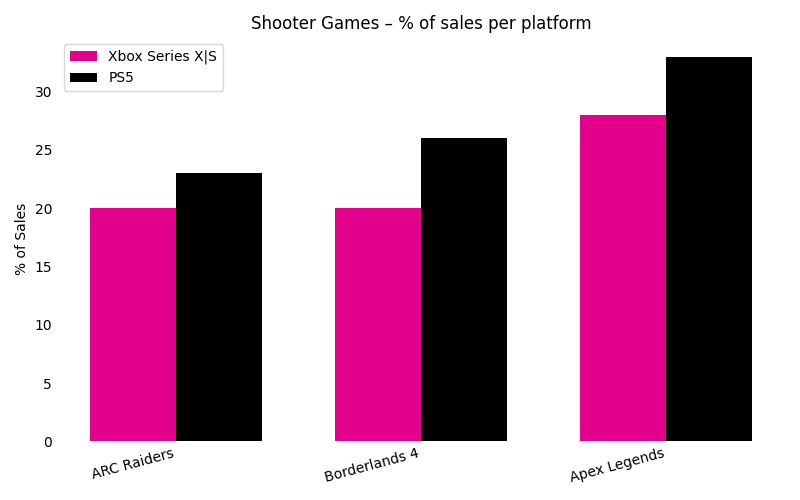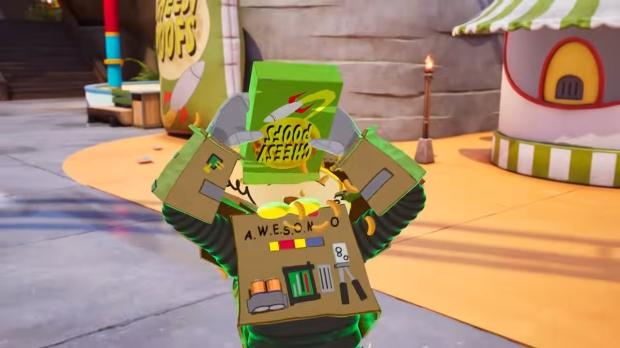
Canadian programmer Gary Bowser was charged with severe fines and jail time after a Nintendo lawsuit accused him of "conspiracy to circumvent technological measures and to traffic in circumvention devices"—piracy, to unspool the legal speech—in 2020. Bowser was a member of Team-Xecuter, a group of hackers who had facilitated the use of various ROMs (read only memory—shorthand for a pirated game program) since 2013.
Bowser was absolutely part of a criminal exercise—but he is also a 54 year-old man with chronic pain, one who will have to pay "25-30%" of his earnings to a massive corporation that reported a net profit of 271.2 billion yen (approx. $1.85 billion) over a six month period last year. As a company, Nintendo will barely notice—as a person, Bowser has been struggling.
That's according to an interview with The Guardian released this morning, which paraphrases Bowser talking about his current living situation: "Bowser has now managed to secure housing, and he thinks that after rent, he has a couple of hundred dollars leftover for food and other necessities. He assumes he’ll be turning to food support services."
The report mentions that Bowser has sometimes had to go without a "refrigerator or stove" due to late electricity bill payments. "I’ll pay them what I can, which won’t be very much money, that’s for sure," Bowser says, remaining hopeful despite his new normal. "It could be a lot worse."
Which is a reasonable assessment, at least when compared to two years of prison without proper medical treatment. Bowser's chronic pain issues—which stem from elephantitis—were made all the worse by an alleged lack of assistance. "For a while I couldn’t even get a shoe on my left foot, so I was walking around barefoot." Naturally, access to physical therapy for his condition has been a major expense.
His experience with the arrest itself paints a similarly brutal picture. "The day that it happened, I was sleeping in my bed, it was four in the morning, I’d been drinking all night … I wake up and see three people surrounding my bed with rifles aimed at my head."
Nonetheless, Bowser says he found work during his incarceration offering counselling to inmates: "A lot of other people were going crazy, banging their cell doors, screaming, yelling, harming themselves." Bowser says he paid Nintendo $25 dollars a month while doing such work.
"The sentence was like a message to other people," he remarks, arguing that his role within Team-Xecuter was more maintenance than direct distribution. While Bowser's actions were certainly criminal, that assessment rings true when you look at the impact it's had on his life—none of this scans to me as a rehabilitation of a former felon, or even as a proportionate punishment.
Especially when you look at the actual court transcripts and the words of the U.S. District Judge Robert Lasnik, who remarked that there "role to be played here in terms of a message" and asked a Nintendo lawyer Ajay Singh: "What else can we do to convince people that there’s no glory in this hacking/piracy?"
Singh, meanwhile, laid out Nintendo's motivations in no uncertain terms. "It's the purchase of video games that sustains Nintendo and the Nintendo ecosystem, and it is the games that make the people smile … It's for that reason that we do all we can to prevent games on Nintendo systems from being stolen." Personally? There's not a lot about this story that has me smiling.


































